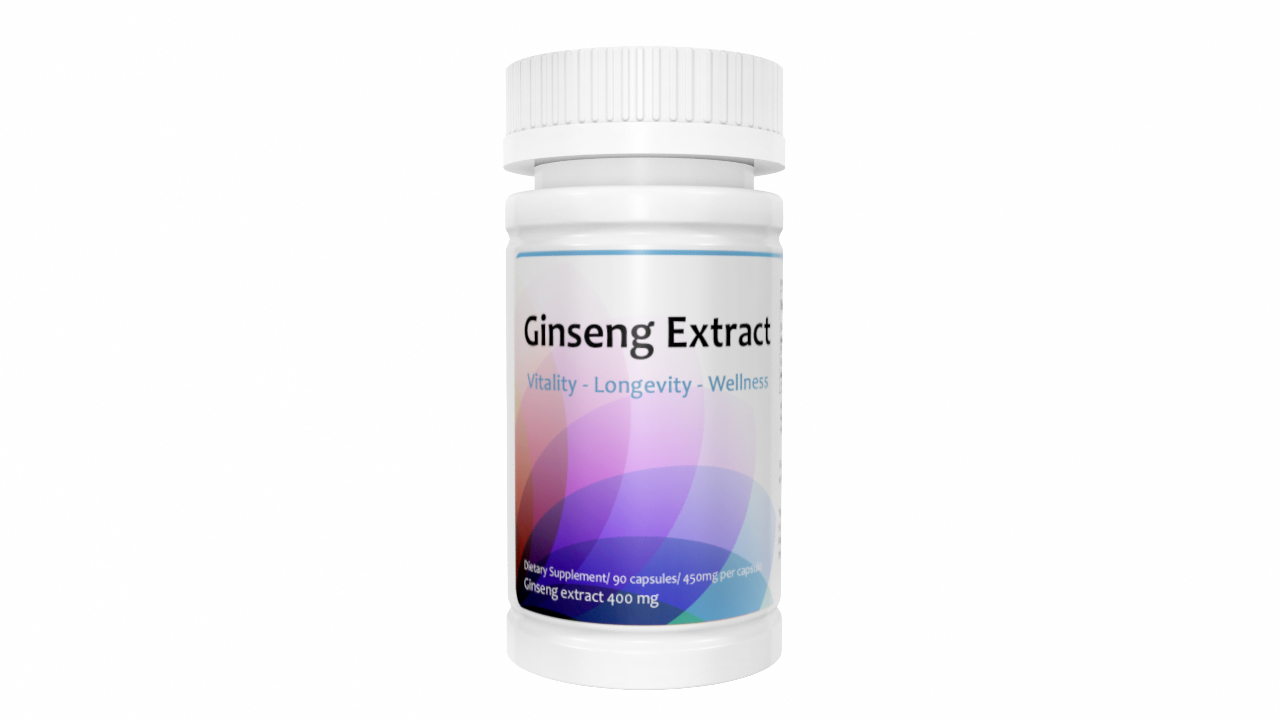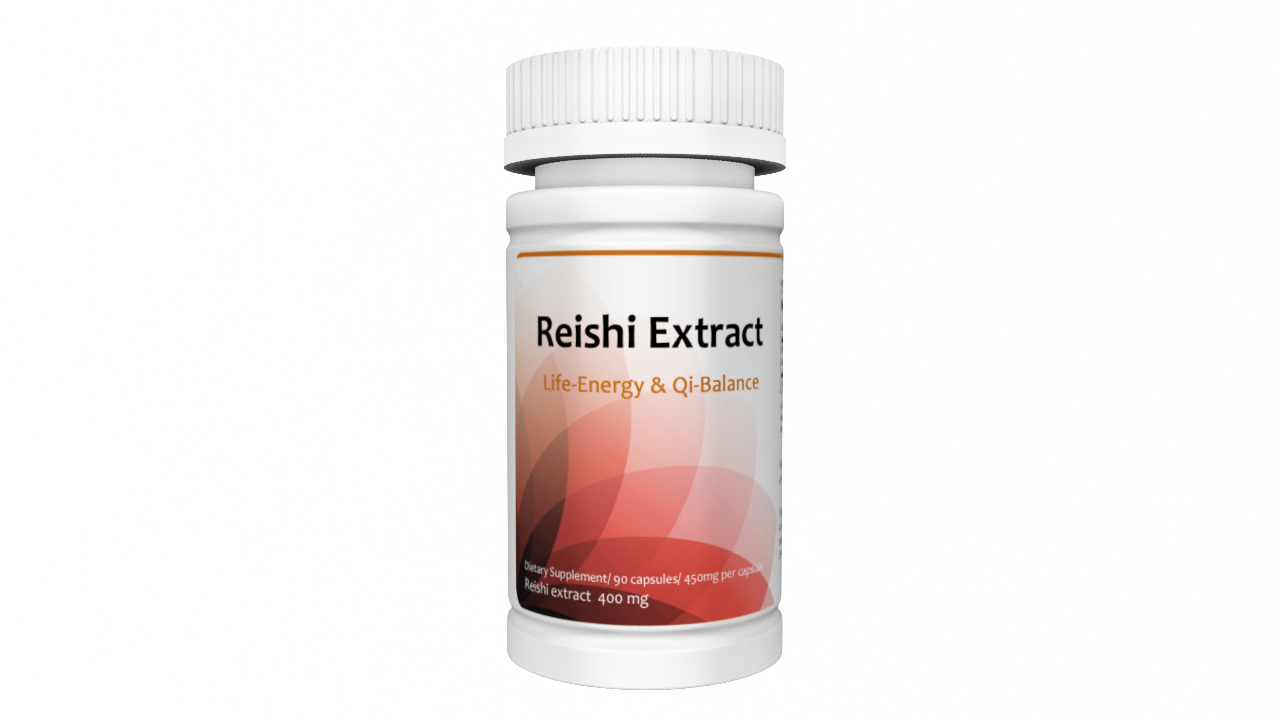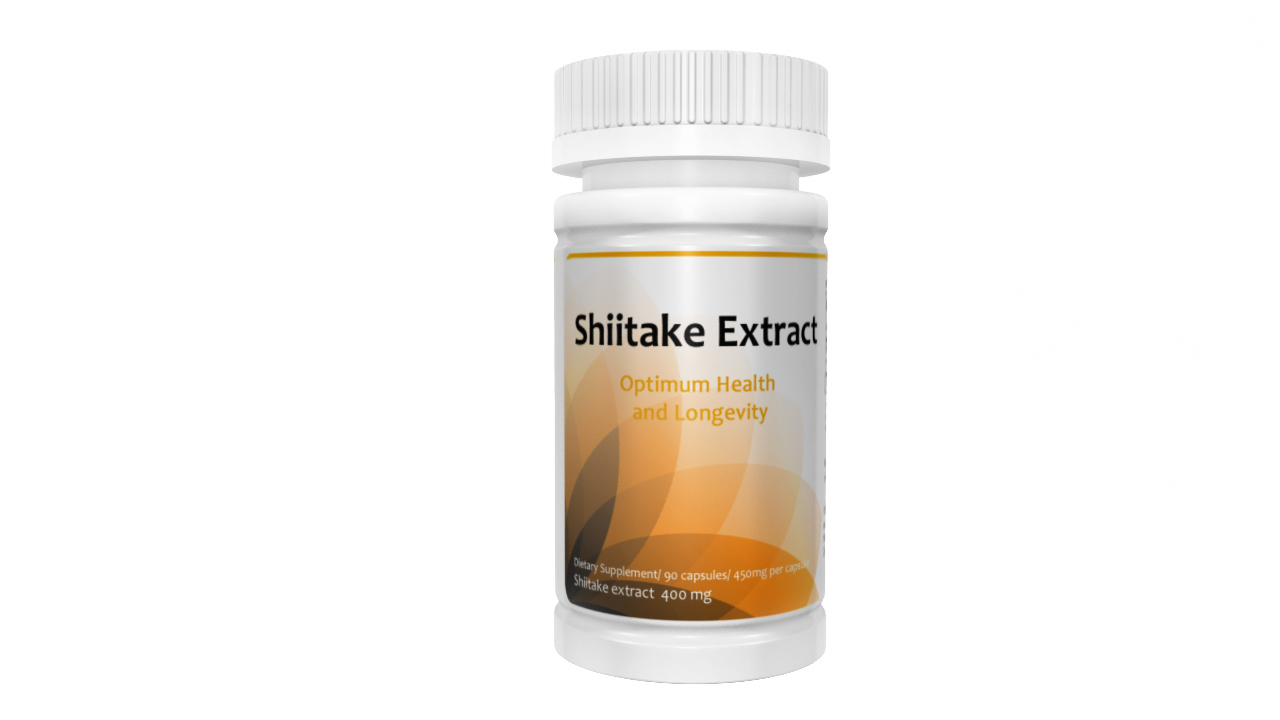Cordyceps & Cardiovascular System
The heart needs regularity more than any other organ of our body. When the heart loses its regular rhythm, it’s life-altering. Cardiac arrhythmia is a condition of abnormal activity in the electrical impulses that manage the heart’s pumping sequence. The heart can beat too fast or too slow, regularly or irregularly. The heart may not be able to pump enough blood to the body, which can damage the brain, heart and other organs. With age, the risk of arrhythmia rises, and the condition becomes more common as people enter their 50s.
The research materials published in the Journal of Alternative and Complementary Medicine suggest that administration of Cordyceps can lower high blood pressure and correct cardiac arrhythmia, extend its latent period and reduce the duration of cardiac arrhythmia attacks (Zhu, JS, Halpern, GM, Jones, K. The scientific rediscovery of a precious ancient Chinese herbal regimen: Cordyceps sinensis. Part II. Journal of Alternative and Complementary Medicine. 1998, 4(4), 429–457). L Ganxhon claims that Cordyceps also acts in a positive way with regards to protection attacks of ischemia and hypoxia (Ganxhon, L et al. The essentials of traditional Chinese herbal medicine (5th edition). USA: Foreign Language Press, 2003).According to A. Pelleg, the ability of Cordyceps to control arrhythmia is due to the presence of adenosine, deoxyadenosine and related adenosine-type nucleotides and nucleosides, which have a pervasive positive effect on coronary and cerebral circulation. (Pelleg, A. et al. The pharmacology of adenosine. Pharmacotherapy 10: 157-174, 1990; Toda, N. et al. Response to adenine nucleotides and related compounds of isolated dog cereberal, coronary and mesenteric arteries. Blood Vessels 19: 226-236 1982; Berne, R.M. The role of Adenosine in the regulation of coronary blood flow. Circ. Res. 47: 807-813, 1980)
Numerous studies of people with chronic heart issues published in Journal of Administration of Traditional Chinese Medicine 5 show that the long-term administration of Cordyceps in combination with conventional treatments significantly improves general physical condition, mental health, sexual drive and cardiac function, compared to the control group who receive conventional treatments only. (Chen D.G. Effects of JinShuiBao Capsule on the Quality of Life of Patients with Heart Failure. Journal of Administration of Traditional Chinese Medicine 5 (1995): 40-43.)
Various studies performed by D.G. Chen and published in Journal of Administration of Traditional Chinese Medicine 5 have showed that the use of Cordyceps increases blood flow in coronary vessels to the heart (reducing the risk of coronary heart disease and acute myocardial infarction), the vessels of the brain (improving memory and cognitive ability and reducing the risk of ischemic stroke) and in peripheral vessels (treating of atherosclerosis and diabetic complications). (Chen D.G. Effects of JinShuiBao Capsule on the Quality of Life of Patients with Heart Failure. Journal of Administration of Traditional Chinese Medicine 5 (1995): 40-43)
In addition, D. G. Chen’s publications on Cordyceps effects indicate dilation (relaxation) of the aorta and femoral artery during treatment with the extract of Cordyceps, highlighting its potential in the treatment of limb ischemia, which is the leading cause of male disability today. (Chen D.G. Effects of JinShuiBao Capsule on the Quality of Life of Patients with Heart Failure. Journal of Administration of Traditional Chinese Medicine 5 (1995): 40-43)
Particularly interesting is Cordyceps’ ability to educe coronary vascular resistance by 49% and the pressure in the lumen by 116% after the administration of the Cordyceps extract, which leads to increased blood flow in the vessels by 35% (the maximum increase is 100%). Cerebral vascular resistance was reduced mostly to 75%. (Feng, Y.-M., Sun, J.-L., Tong, G.-X., Zhang, X.-T., & Zhang, Y.3. (1987). Studies on the structure and function of transferrin: 1. Isolation and purification of pig serum transferrin and its application in serum-free cell cultures. Acta Biochim. Biophys. Sin. 19,322-327.)
In 1995, Chen investigated the Cordyceps extract on 34 patients with chronic heart failure, using echocardiography to compare their cardiac output to a control group of 30 patients who had received conventional treatment. After administration of Cordyceps, cardiac output increased by 60% and compared to only 25% in the control group. Cordyceps extract surpasses both modern anti-platelet agents, which are considered promising, as well as conventional medications for the treatment of the ‘number one’ killer – heart disease (CHD). (Chen D.G. Effects of JinShuiBao Capsule on the Quality of Life of Patients with Heart Failure. Journal of Administration of Traditional Chinese Medicine 5 (1995): 40-43)
Lou (1986) found inhibition of platelet aggregation by ADP and kolagene by adding an extract of Cordyceps (Lou Y, Liao X, Lu Y. Cardiovascular pharmacological studies of extracts of Cordyceps mycelia and Cordyceps enzyme solution. Chinese traditional and herbal medicines, 1968., 17 (5) :17-21, 209-213).Fermented Cordyceps extract showed a protective effect in myocardial ischemia induced by administration pituitrina, thyroxine and noradrenaline. Thus, based on instrumental data, Cordyceps may protect the heart from acute myocardial infarction caused by stress.
This confirms Zhu’s 1998 study, which established a significant reduction in myocardial oxygen need under the influence of Cordyceps and the general anti-ischemic effects of Cordyceps. Zhu, J. et al.The Scientific Rediscovery of an Ancient Chinese Herbal Medicine: Cordyceps sinensis The Journal Of Alternative And Complementary Medicine [part 1]Volume 4, Number 3, 1998, pp. 289—303 [part 2] Volume 4, Number 4, 1998, pp. 429 - 457
Stabilisation of the cells explains the effect of Cordyceps on arrhythmia – irregularity of heartbeat – along with the already known effects of adenosine, which reduces the release of mediators (signalling agents) through receptors that relax the smooth muscle walls of arteries and airways, increasing the access of oxygen.
In 1994, a clinical trial was conducted on 38 elderly patients with arrhythmia (Jiang H, Wu D, and Simon MI (1994) Activation of phospholipase C4 by heterotrimeric GTP-binding proteins. J Biol Chem 269: 7593-7596). After three months of receiving Cordyceps (3g/day), the results were:
• supraventricular arrhythmia treatment success was observed in 24 patients (83%)
• ventricular arrhythmias success rate was 80% (10 patients).
For more material see our Research page.










